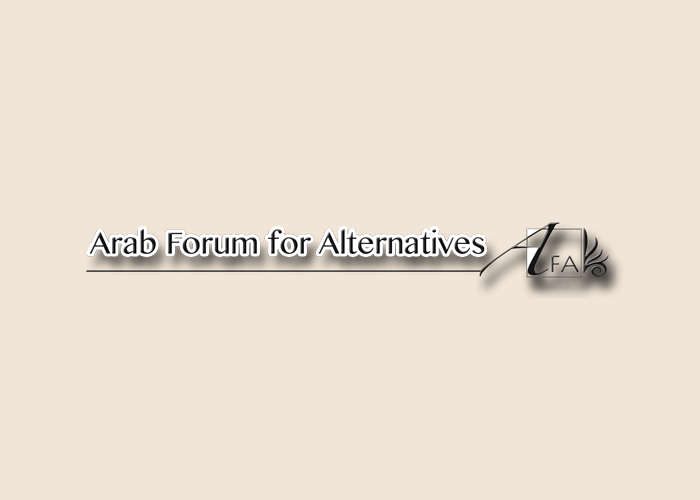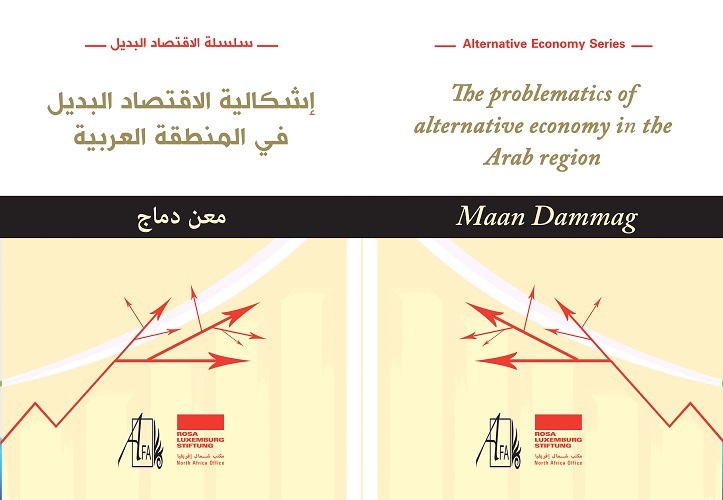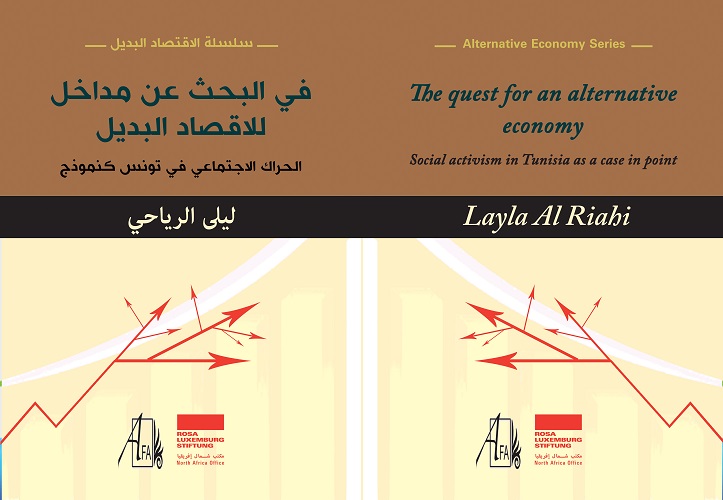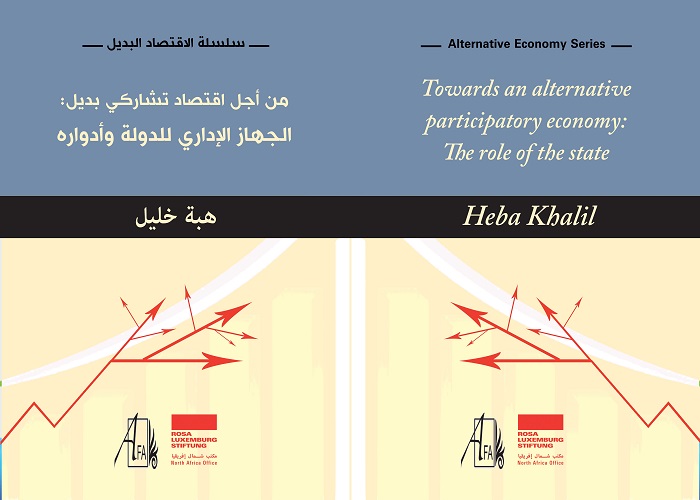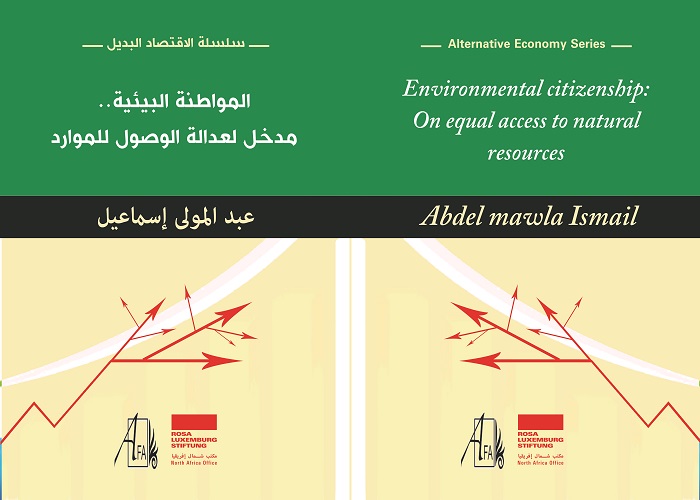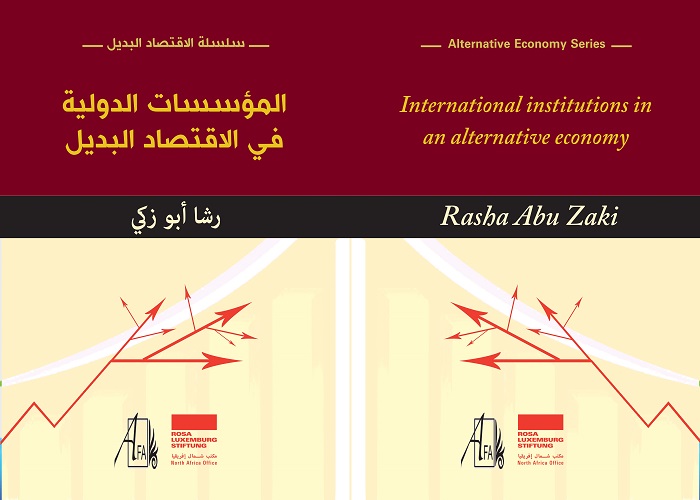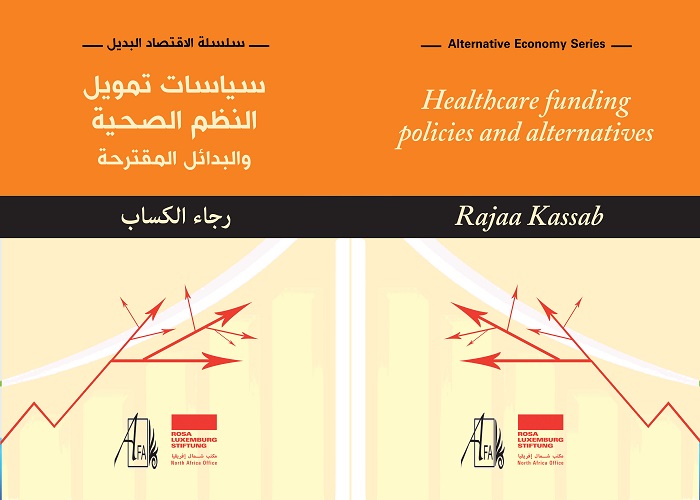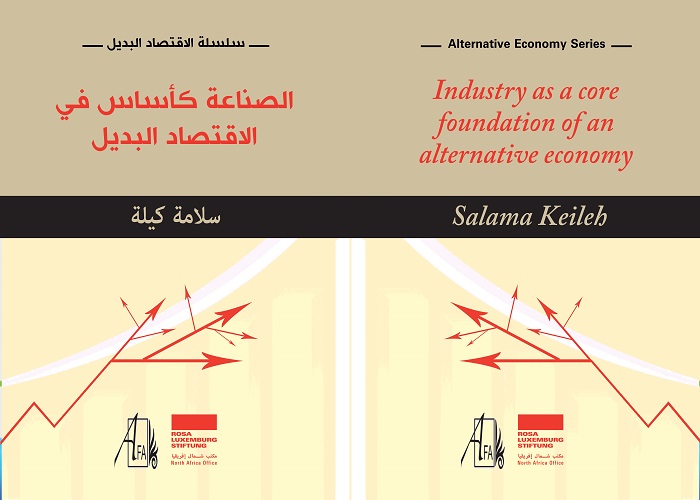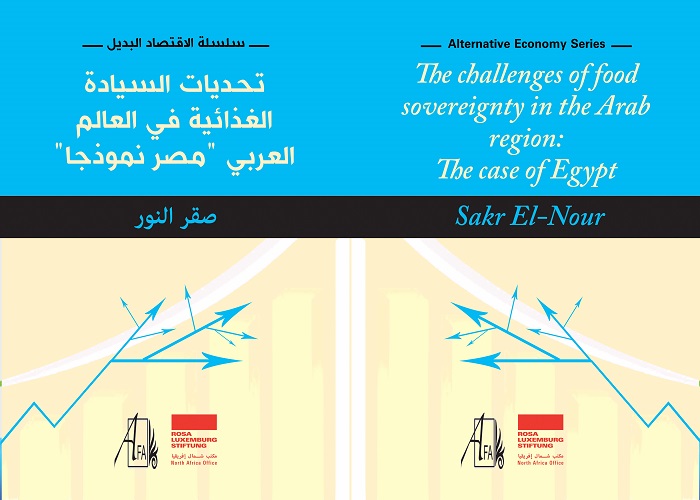Press Release | Unchecked inequalities could threaten UN’s Sustainable Development Goals, according to social science report
The World Social Science Report, Challenging Inequalities – Pathways to a Just World warns that unchecked inequalities could jeopardize the sustainability of economies, societies and communities, undermining efforts to achieve the Sustainable Development Goals (SDGs) by 2030. The Report is now published in Arabic thanks to the generous contribution made by the Sultan bin Abdulaziz Al-Saud Charitable Foundation – Saudi Arabia. It will be launched on 13-14 September 2018 at the American University of Beirut (AUB) in collaboration with its Department of Sociology, Anthropology and Media Studies (SOAM) and the Arab Alternatives Forum (AFA). The first day the report will…

